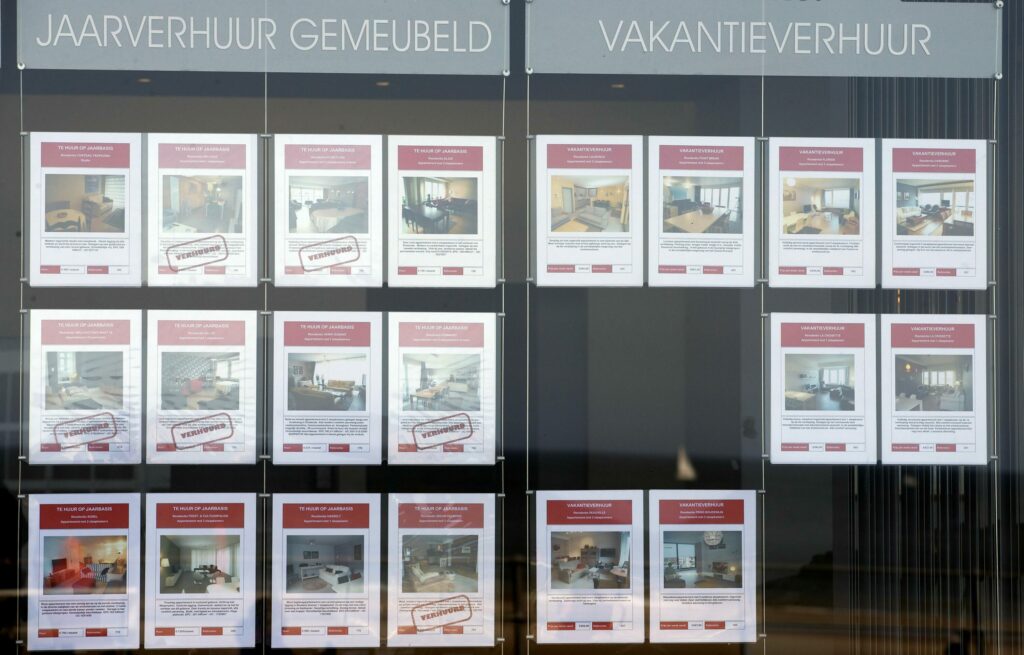Property prices in Belgium keep rising – a fact shown by the latest Eurostat figures, according to which the cost of a home rose 3.1% (on average nationwide) in the first quarter of 2024, compared to the same period in 2023.
While Belgium has not registered the greatest increase in property prices (it is somewhere in the middle of the EU ranking), it is well above the eurozone average, in which house prices fell 0.4% over the same period. In neighbouring Luxembourg, house prices fell by more than 10% during this period.
The Eurostat house price index for the first quarter of 2024 an average decrease of 0.4% in property prices among the 20 eurozone countries in the past year. When including all 27 EU Member States there was an average increase of 1.3%.
Buying in Belgium gets more expensive
Belgium saw an annual increase of 3.1% in the first quarter of the year – more than double the average 1.3% increase among EU Member States and a marked jump from the 2.8% increase in the final quarter of 2023.
Between the final quarter of 2023 and the first quarter of this year, house prices in Belgium increased by 0.7%, showing a slowdown from a 1.4% quarterly increase in the last quarter of 2023, and a 1.3% increase in the third quarter.
While high mortgage rates and a worrying economic situation suppressed buyers' appetites last year and cooled the market, a predicted fall in Belgian property prices did not materialise. On the contrary, prices continued to rise in Belgium, explained largely by demand exceeding supply, a recent fall in interest rates and boost in purchasing power.
Construction costs have also risen as materials are harder to obtain due to supply chain issues, leading to delays. Belgium has a relatively high home ownership rate, again keeping prices relatively high.
Falling house prices in neighbouring countries
Only seven Member States saw a fall in house prices in the year to Q1 of 2024 but the largest decrease was registered by Belgium's neighbour Luxembourg, where the average price of a home fell by 10.9%.
Luxembourg has seen even bigger price drops in previous quarters (-14.5% in the fourth quarter of 2023, and -13.9% in the third quarter), although it should be noted that house prices in Luxembourg have more than doubled since 2010.
The next largest annual decreases in house prices were recorded by two of Belgium's three other neighbours, Germany (-5.7%) and France (-4.8%). In the Netherlands, a 3.6% annual increase in house prices in the first quarter of 2024 was slightly above that seen in Belgium.
Related News
- Belgium's rising property prices put pressure on purchasing power
- Inflation rate for new homes soars
- Median price for four-bedroom house in Wallonia reaches €300,000
Eurostat did note that Belgium is not among 20 EU Member States where rent increases have surpassed the rise in house prices over the past 14 years. Since 2010, rents in Belgium have increased by 28% overall, while house prices have risen by just under 49%.
The EU statistics office noted the difference in how house prices and rents evolve across the bloc: rents are steadily increasing while house prices are seeing some decreases and more rapid increases.
Eurostat's house price index measures the price changes of all residential properties (including apartments and houses, as well as new and existing homes) across the EU. Figures for Greece were not included.

